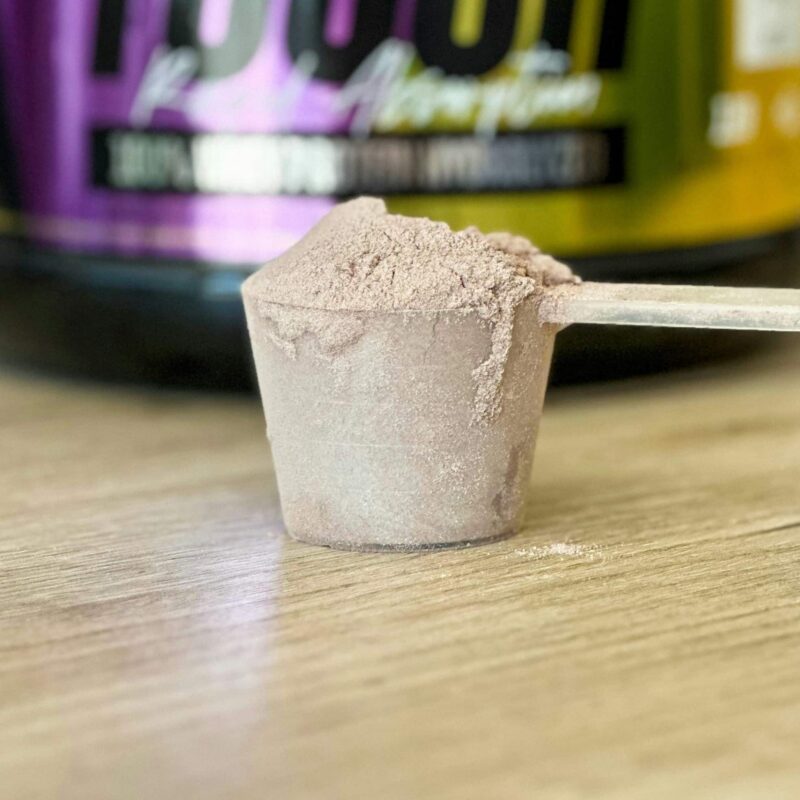
Blog
Are Protein Powders Steroids? Not Really!
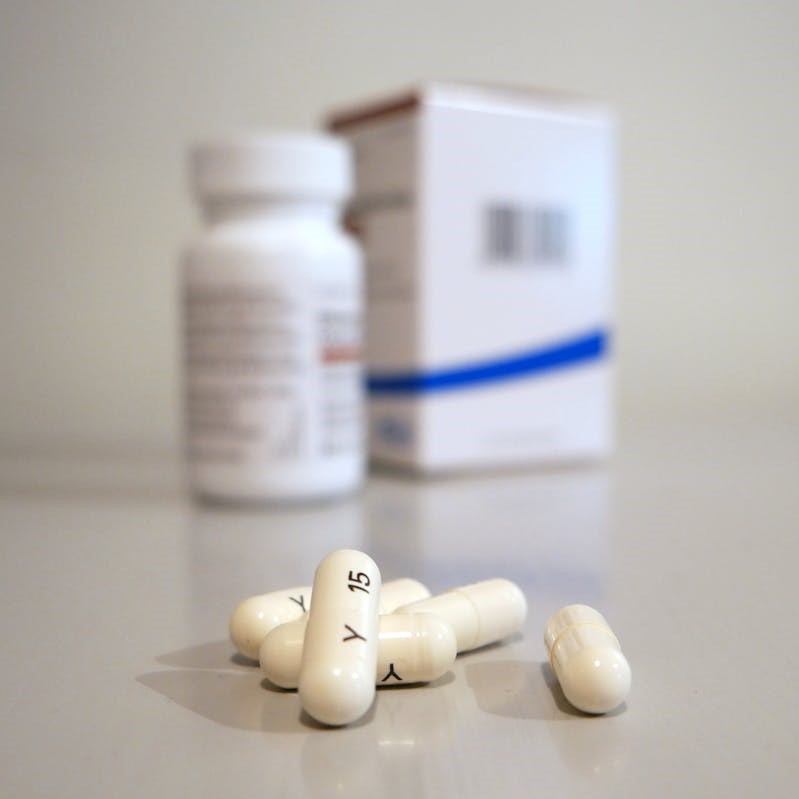
Among the many myths about protein powders, people are also concerned that protein powders are steroids.
Did you randomly search for protein powders and come across this myth? Or did a close friend leave you confused before even trying the protein powder?
The truth is that the common stereotypes and misconceptions about protein powders make us step back.
So, let’s uncover the truth behind this common question, “are protein powders steroids?”
First, what is a protein powder?
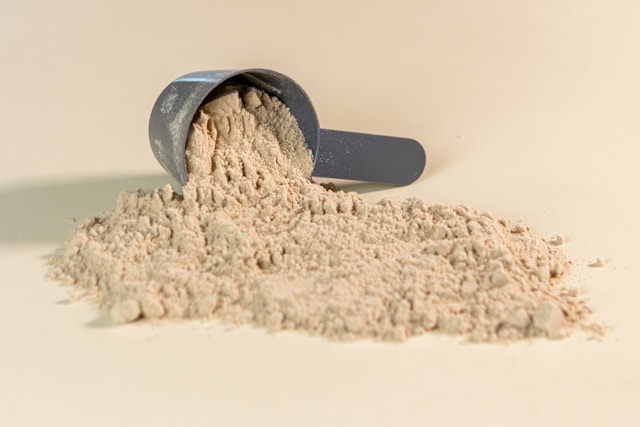
Protein powders are dietary supplements.
Most people use protein powders as a meal replacement option. Others might use it to get the extra protein they’re lacking in their diet. However, the most common use of protein powders is to get energy and build muscles.
Among all these, we need to consider that a protein powder isn’t a prescription medicine that a doctor might recommend. In fact, protein powders aren’t natural because they are derived from several processes.
However, they are nutritional supplements people prefer to get protein and other essential nutrients.
Is protein powder a steroid?
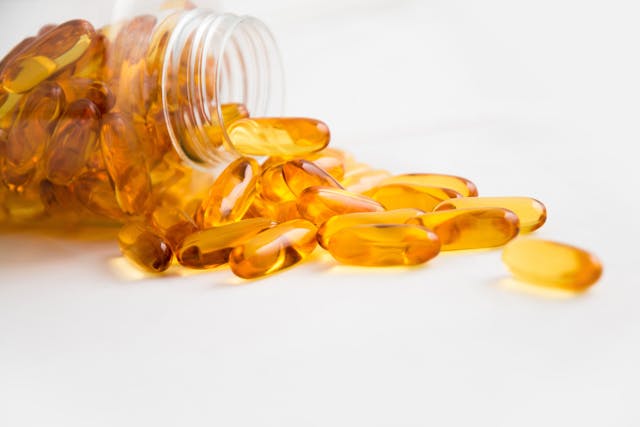
First things first, protein powder is not a steroid.
If protein powder is a nutritional supplement, where did the misconception of it being a steroid emerge from?
Well, the root cause might be the muscles.
As bodybuilders and boxers take steroids to gain muscles and increase strength, and the same benefits are derived from protein powders as well, people might have confused the two.
Because of the nearly same benefits, people started to believe that protein powders are steroids as well.
Differences between protein powders and steroids
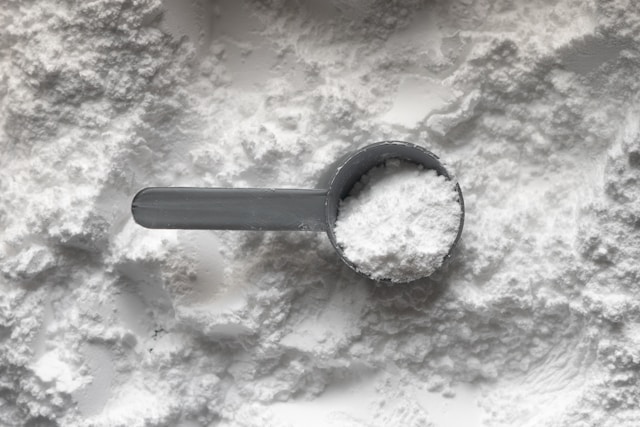
While we already know that there are huge differences between protein powders and steroids, we still need to highlight the main points.
Let’s have a look.
Protein powders don’t have dangerous side effects
As steroids are drugs, the side effects of steroids are dangerous, and withdrawing them is another difficult process. That is why people mostly avoid taking them unless there’s a serious medical condition and the doctor recommends them.
On the other hand, protein powders are considered good for you, and as they’re a dietary supplement, they should not have dangerous side effects.
Still, it’s important to keep protein powder intake to a limit to avoid long-term side effects like kidney damage.
Protein powders aren’t directly involved in the production of testosterone
Steroids are synthetic versions of testosterone.
That is why it is used to increase muscle mass and strength.
However, protein powders aren’t directly involved in the increase of testosterone. Instead, they provide you with EAAs (essential amino acids), which are further involved in the production of testosterone.
While steroids increase testosterone levels artificially, protein powders use a natural approach.
What does research say?
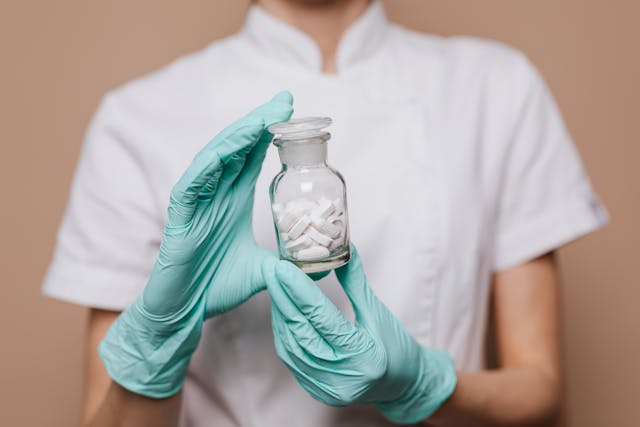
Till now, we know that protein powders and steroids aren’t linked.
However, some research says things a bit differently.
An experiment was conducted in 2010, where adolescents aged 12-18 years were surveyed (which also included the use of protein powder) and then followed for the next eight years. The research concluded that using protein powder supplements in adolescence was also linked to the future use of steroids in young adulthood.
Another study suggests that hormones were injected into some cows. These cows further give milk, from which whey protein is derived. Thus, these steroids and hormones were found in trace amounts when tests were done on the whey protein.
Take-away message
To conclude, we can say that protein powders are not steroids. The production process is completely different despite offering nearly the same benefits.
While steroids are drugs, protein powders are nutritional supplements.
However, some research states that injecting hormones in cows has led to traces of them in protein powders, which were later made from those cow’s milk.
While such instances can be true, we also need to keep in mind that some manufacturers might add artificial ingredients into protein powders to get the desired results. So, it’s important to consider the ingredients to avoid in protein powders and do a thorough analysis before buying one.


